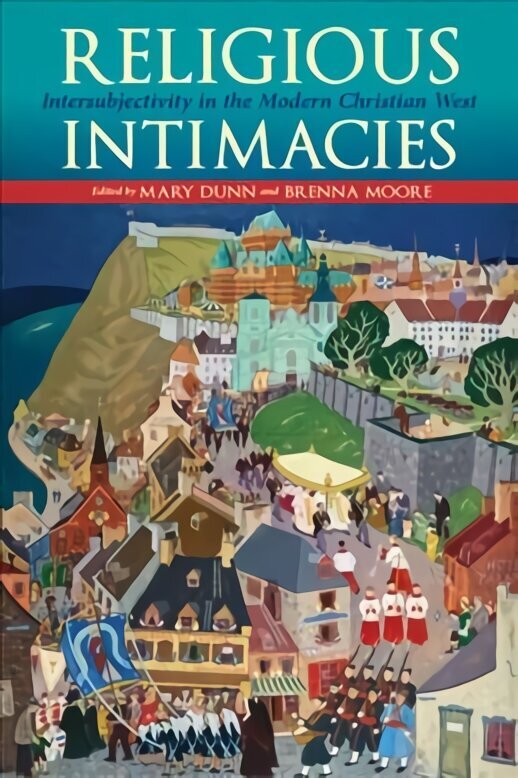Religious Intimacies examines the history of modern Christianity by exploring intimate bonds through the lens of faith—confessors and penitents, husbands and wives, friends, lovers, and priests. Although many scholars have examined the nature of our ties to others as part of the process of self-formation, religious scholarship has remained inattentive to the power of these intimate bonds. In this collection of essays, each contributor considers a moment in Christian history, examining how intimate relationships intertwined with modern Christianity and Western power and politics. In doing so, editors Mary Dunn and Brenna Moore recast our understanding of modern Christianity by placing interpersonal relationships at the forefront of understanding our relationship to the divine.
9780253031655 9780253024251 Scholars of religion have come a long way since William James famously made of religion a matter between man and his maker. For decades now, they have been attentive to the ways in which religion takes shape as the product of broad social forces, focusing on the dynamics of power and culture as heuristics for understanding religious phenomena and experience. What, however, might they be missing by moving too quickly from one interpretative extreme to the other—and what might we learn about religion by staying in the interstitial space between the individual in her solitude and society as a whole? Religious Intimacies, edited by Mary Dunn and Brenna Moore, brings together nine scholars of modern Christianity to probe this in-between space. In essays that range from treatments of Jesuit-indigenous relations in early modern Canada to the erotics of contemporary black theology, each contributor makes the case for the study of the presence and power of affective ties and relational dynamics between friends, lovers, and intimate others (even things) as vital to the understanding of religion.
In essays that range from treatments of Jesuit-indigenous relations in early modern Canada to the erotics of contemporary black theology, each contributor makes the case for the study of the presence and power of affective ties and relational dynamics between friends, lovers, and intimate others (even things) as vital to the understanding of religion.
